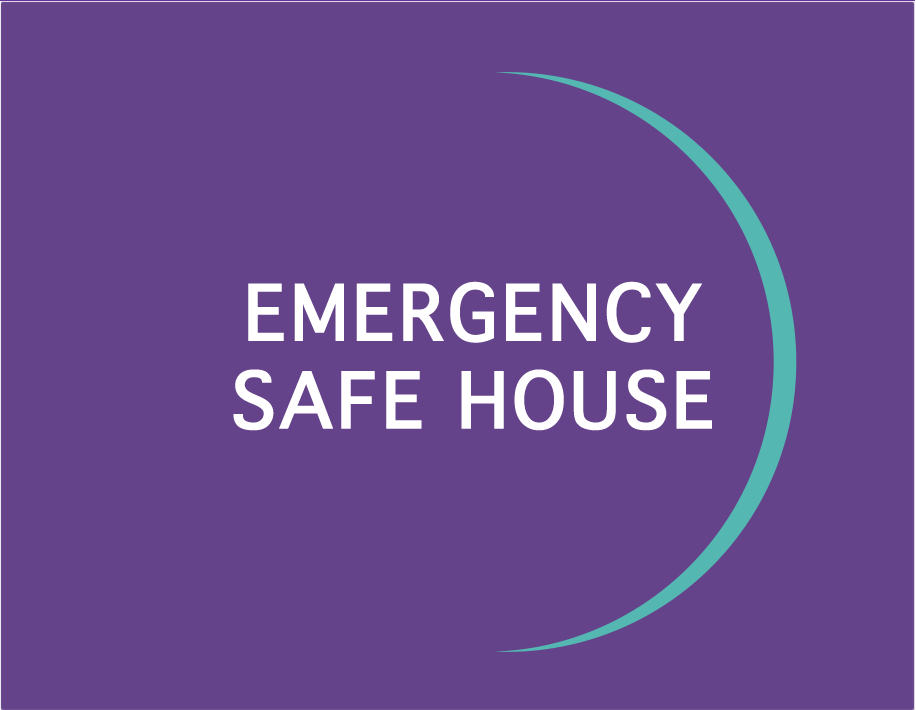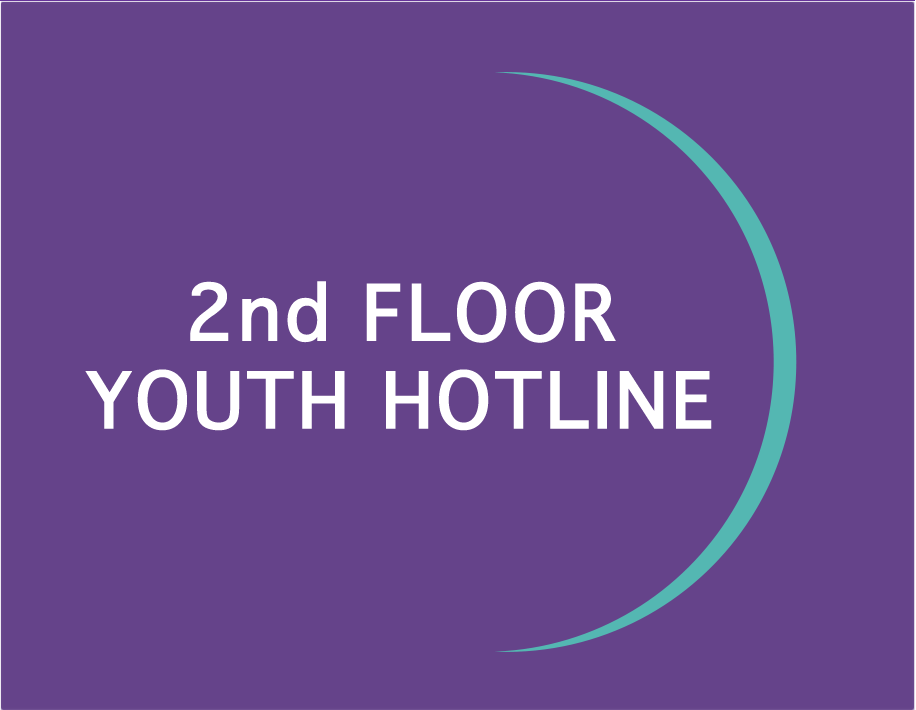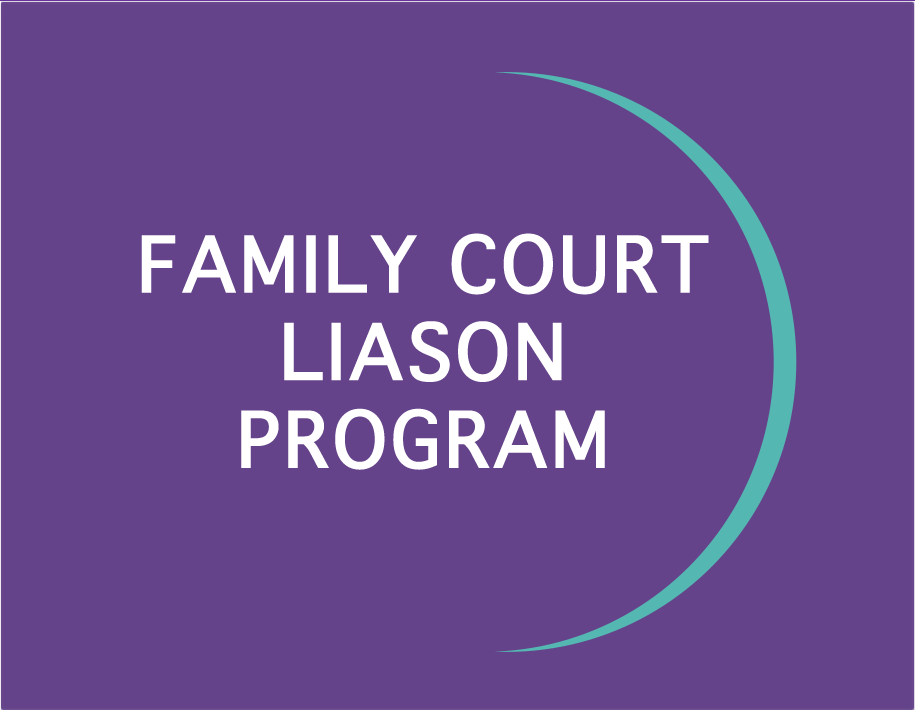Understanding Family Court
Located at the Monmouth County Superior Court, the knowledgeable & experienced staff provides information regarding legal rights, options regarding domestic violence, victim advocacy, and accompaniment through court procedures, and assists in obtaining or dismissing a restraining order.
Contact: (732) 264-4360 ext. 4667 and 4668 and 5000
Restraining Orders
A judge will decide if there is jurisdiction to grant you a restraining order. If you are afraid or believe you are in danger, you should not hesitate to ask for protection.
A court order signed by a judge telling the defendant (accused) to have no further contact with the plaintiff (victim) in person, by phone, by mail, or through electronic devices. A temporary order is issued ex parte, or on the plaintiff’s sworn testimony only. A final hearing will be held within ten days to allow the accused to defend themself. Survivors of all forms of domestic violence are entitled to help and protection.
Exclusive possession of the residence, temporary custody of your children with a visitation schedule, emergency child support and housing/living expenses, court-ordered substance abuse evaluations and/or risk assessments, and Batterer’s Intervention Program.
- You are dating, married, divorced, have a child with, or are currently or formerly residing with the accused.
- The accused is 18 years of age or older unless you have a child in common.
- Weekdays 8:30am – 3:30pm: The Domestic Violence Unit of the Family Division, Superior Court, Freehold, NJ.
- Weekdays after 3:30pm, Weekends & Holidays: Any NJ Police Department. A judge is on-call to take testimony over the phone.
The defendant cannot be held accountable for violating/disobeying the Restraining Order until they have been served the appropriate paperwork by local law enforcement, which makes the Order enforceable. Never attempt to serve the defendant yourself.
- Your allegations against them.
- What restrictions have been placed on them.
- The date and time of the final hearing.
- Eyewitnesses to the Incident: The individual must come in person. Written or taped testimony is not admissible.
- Admissible Evidence: Including defendant’s letters, answering machine or voicemail recordings, cards, printed emails and/or text messages, and photos of injuries or property damage.
- Receipts or Documentation: You may ask for compensation for any medical expenses and/or property damage you incurred.
Sexual Violence Protection Orders
The Sexual Assault Survivor Protection Act (SASPA)
SASPA provides victims of sexual violence the ability to apply for a protective order against their perpetrator within Family Court. 180’s Sexual Violence Court Advocate is available to support the victim or parent/guardian through the initial filing, proceedings, and the final protection order hearing.
A court order signed by a judge telling the defendant (accused) to have no further contact with the plaintiff (victim) in person, by phone, by mail, or through electronic devices. A temporary order is issued ex parte, or on the plaintiff’s sworn testimony only. A final hearing will be held within ten days to allow the accused to defend themself. The protection order is a civil document and may be applied for without filing criminal charges or regardless of the disposition of any charges if filed. A violation of the protection order is a criminal offense.
- Contacting the victim in-person, phone, mail, e-mail, text, social media, or through a third party or electronic device.
- Seeing the victim by entering the home, place of employment, or school.
- Committing sexual violence.
- Who is not eligible for a restraining order as a victim of domestic violence.
- Who’s perpetrator is at least 18 years old.
A temporary protective order under SASPA can only be filed within the Family Division of the Superior Court. The Monmouth County Superior Court is open Monday – Friday 8:30am – 4:30pm.









